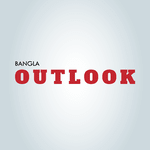Female politicians of BNP experienced tenfold more online attacks than those of AL: Study
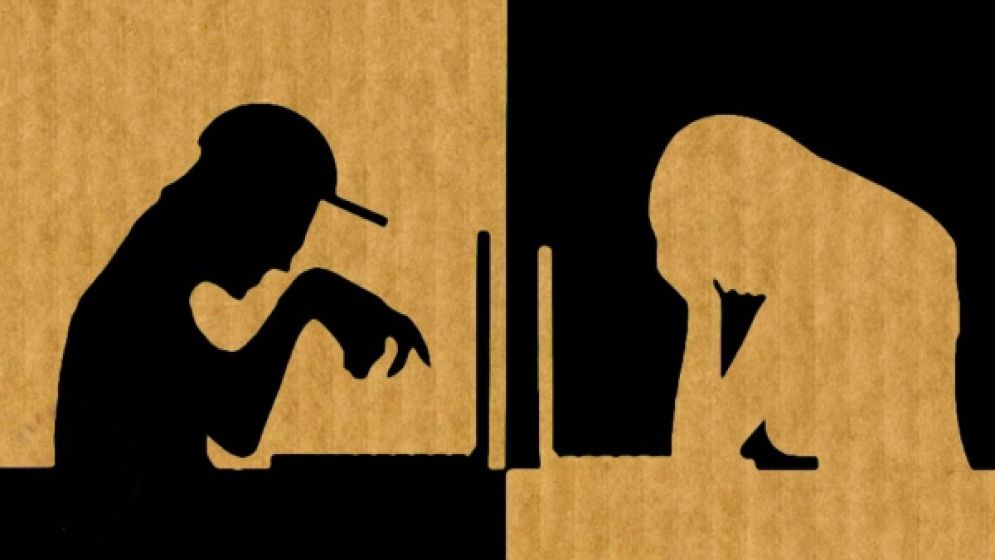
During the last national election, female politicians affiliated with the Bangladesh Nationalist Party (BNP) were subjected to ten times more targeting online compared to their counterparts from the Awami League.
This was revealed in a recent study by the Canada-based Tech Global Institute.
The study titled "From Homophobia to Assault: The Gendered Landscape of Bangladesh's Political Disinformation," analyzed public posts and comments on Facebook pages and groups between December 1, 2022, and January 15, 2023.
It found that disinformation, including false, misleading, and distorted information, was used to target not only female politicians but also journalists, analysts, and celebrities.
The study analyzed 25,000 pieces of content on Facebook to understand how disinformation was used to target women during the national elections.
It found a disturbing pattern of online attacks that included the misuse of intimate images,doxxing, trolling, creation of fake images without consent, manipulation, and sexual harassment.
The research also revealed how content was used to insult, demean, and mislead political opponents, journalists, and human rights workers using derogatory terms based on gender.
Among the top ten women targeted, the list includes prominent figures like Shama Obaid, Rumeen Farhana, Zaima Rahman, Sheikh Hasina, Khaleda Zia, Zafiya Rahman (Daughter of Arafat Rahman), Nipun Roy Chowdhury, Sultana Ahmed, Momtaz Begum, Helena Jahangir, and Nilofer Chowdhury Moni.
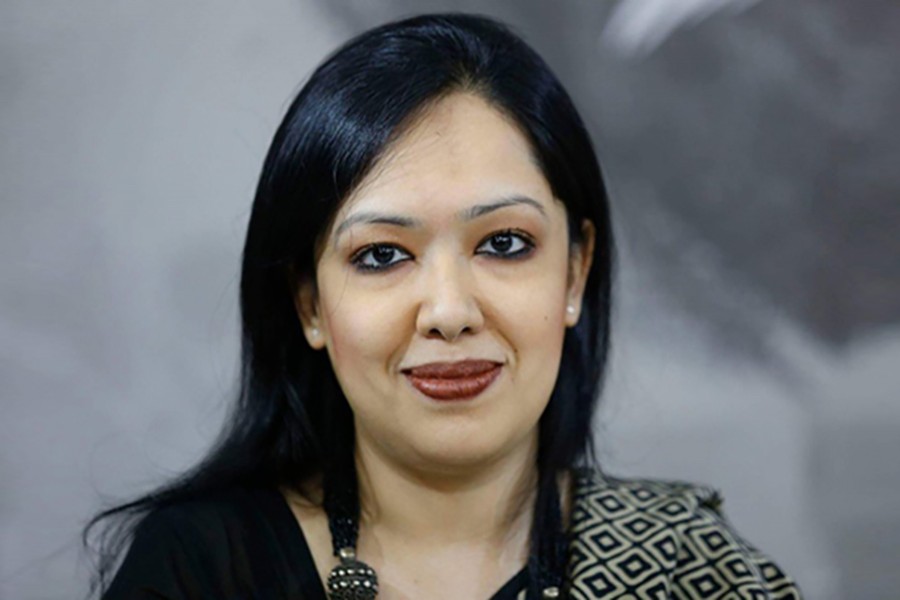
These women represent a cross-section of political parties and roles within Bangladesh, underscoring the widespread nature of the online attacks.
Among analysts, Mina Farah, a known critic of the opposition, was the most targeted woman. Additionally, actress Mahiya Mahi faced significant online harassment, and even Prime Minister Sheikh Hasina's daughter, Saima Wazed, was not exempt from such attacks.
Why did female politicians become the main target?
Despite having two female prime ministers for a significant portion of the past five decades, women's representation in Bangladeshi politics remains disproportionately low.
While the constitution reserves 50 parliamentary seats for women,this has been viewed by many as a token gesture, given that less than 5% of candidates for directly elected seats in the last election were women. This trend is mirrored in local government, with ongoing criticism about the lack of equal opportunity for women and gender-diverse individuals in politics.
The study reveals a significant disparity in the targeting of individuals online. While male targets span a wide range of backgrounds, including politicians, journalists, commentators, influencers, and activists, female targets are predominantly politicians, particularly those in the opposition.
These attacks pose a threat to their online presence, contributing to a chilling effect that discourages women from participating in politics, activism, and even voting. Furthermore, the use of gendered language to attack men reinforces harmful stereotypes and polarization, with detrimental consequences for Bangladesh's democracy and social cohesion.
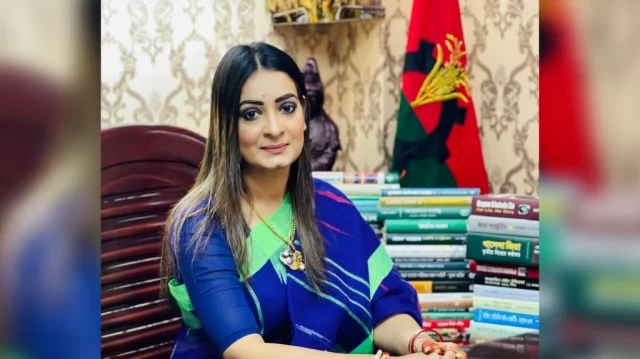
The study pointed out, even long before the rise of social media, prominent female politicians in Bangladesh faced relentless smear campaigns targeting their character and actions.
Prime Minister Sheikh Hasina, for instance, has been repeatedly subjected to false claims regarding her religion and marital status, with such disinformation persisting on social media to this day.
Similarly, Khaleda Zia, the leader of the BNP, faced a sustained campaign of defamation orchestrated by government officials and pro-government media outlets, alleging the discovery of illicit materials in her former residence.
Fauzia Afroze, the Chief of Staff and gender specialist at Tech Global Institute said the prevalence of a conservative culture and social norms, combined with the spread of disinformation, poses a significant threat to further marginalizing women in politics.
Fauzia pointed out that individuals in rural areas, with limited technological literacy, are especially vulnerable to believing false or misleading information.
A previous study by ActionAid in 2022 further emphasizes this issue, revealing that 64 out of every 100 women online experience some form of harassment or violence.
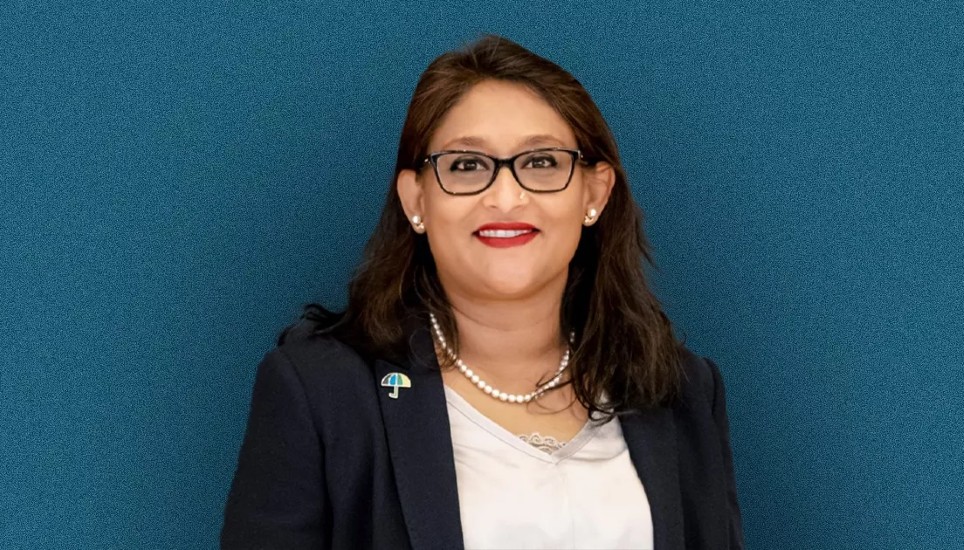
What has the study found?
The analysis of 25,000 pieces of content revealed over 1,400 instances of predominantly gender-based attacks, with 70% being sexually explicit, often using derogatory terms like 'sex worker.'
Religious beliefs, ethnicity, or sexual relationships were the basis for about 19% of these attacks, while 10% focused on behavior, using words related to alcohol consumption or partying. The research also found that 300 posts were duplicated across various pages and groups, amplifying the spread of false information and disinformation.
Women were disproportionately targeted compared to men, with attacks peaking between February and August 2023. Although there was a slight decrease from September to November, attacks rose again in December leading up to the elections, before declining in January.
Furthermore, the research identified 1,887 instances of gender-sensitive harassment against 51 individuals, including politicians, journalists, analysts, and activists. Notably, members of the BNP and their families were more frequently targeted than those associated with the Awami League.
Tareq Rahman was the focus of 200 posts, constituting 15% of the total analyzed content. Despite the inactivity of Khaleda Zia's two nieces in politics, they were targeted in over 150 posts.
Together, they faced 413 attacks involving Tareq Rahman and Khaleda Zia, accounting for 28% of the analyzed posts. Additionally, Shama Obaid and Rumin Farhana were targeted in 345 attacks.
Prime Minister Sheikh Hasina faced 45 gender-based attacks. However, she was negatively portrayed in 223 incidents.
Journalists and social media analysts were targeted in 323 attacks.
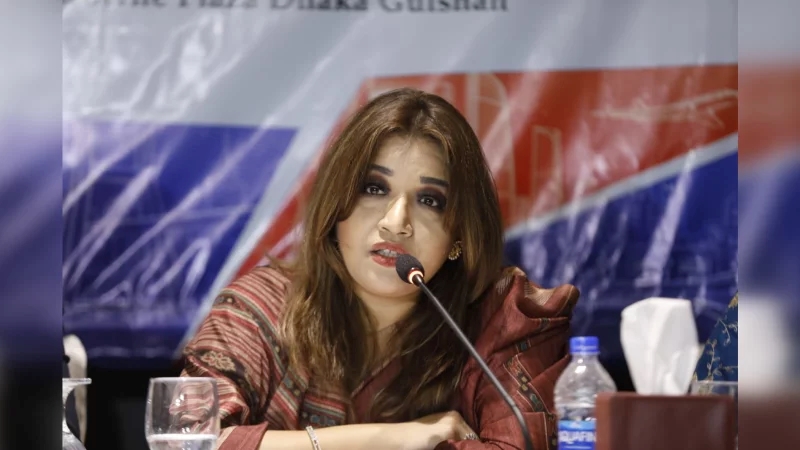
Why did the BNP face more attacks?
Discussing the higher incidence of attacks on BNP leaders, Dr Badiull Alam Majumdar, editor of Nagarik-Sujon, told Prothom Alo that artificial Intelligence is currently manipulating truth and falsehood in a contrived manner.
“Ahead of the national election, Awami League has intensified surveillance through social media, establishing a distinct presence. Due to their organizational strength, they were prepared. Conversely, BNP lacked organization and faced more attacks in this regard," said Dr Badiul
Over seven hundred pages have been identified as spreading false information against the BNP. Among them, 137 claimed association with political parties, though these parties have not confirmed any connection.
The content is often shared rapidly by certain groups and pages, and fact-checkers have noted that the majority of these entities support the ruling party.
Researchers at the Tech Global Institute criticize Facebook's slow response to removing such content, despite its policies against violence towards women. They argue that Facebook's policy favors well-known figures, considering criticism of them as freedom of expression.
Fouzia Afroz points out that some offensive words are disguised with symbols to bypass Facebook's algorithm. She emphasizes the importance of addressing online violence seriously and focusing on effective implementation of existing laws, many of which already contain provisions against violence toward women.
—

